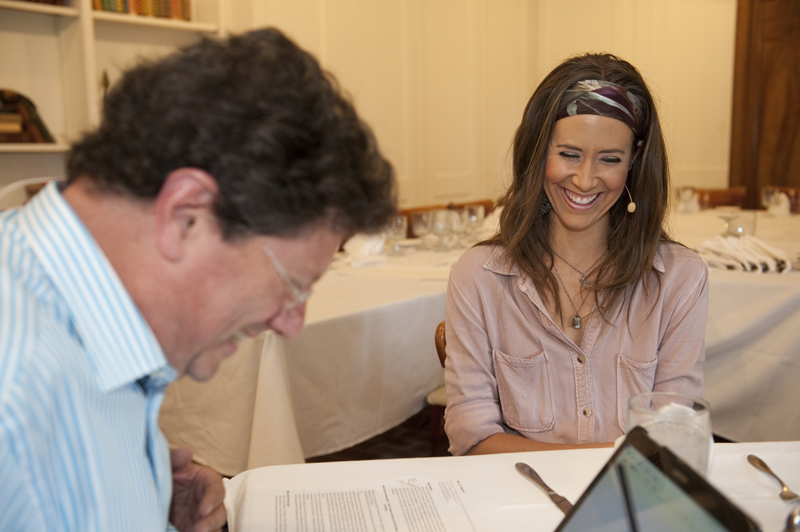Zydeco & Co. – Out to Lunch – It’s Acadiana
One of the things we’re proudest of in Acadiana is our culture. A big part of it is music and dance. Cajun and Zydeco.
There are similarities and notable differences between Cajun music and dance, and Zydeco music and dance. Leaving aside for the moment the intertwined Acadian and African influences, one major musical difference, obvious even to people from outside, is an instrument you hear in Zydeco only. And that’s the frottoir, or rubboard.
The rubboard didn’t start out as a musical instrument. It started out as, well, a rubboard. You used it to wash clothes. And then if you put thimbles on your fingers you could make a scratching sound by strumming it. It was Clifton Chenier and his brother Cleveland who came up with the idea of making a metal or stainless steel rubboard. The guy they turned to to make it was their friend and fellow worker at the Texaco Refinery in Port Arthur, Texas. He was a master welder, metal fabricator, and fellow Louisiana native by the name of Willie Landry.

Willie’s son, Tee Don Landry, has spent a lifetime making rubboards under the name Key of Z. He’s made around 3,000 of them. They’re in the hands of regular folks and famous musicians – like Billy Gibbons from ZZ Top and Rihanna. There’s even a Tee Don Landry rubboard in the Smithsonian.
The intertwined Acadian and African cultures that have given us Cajun and Zydeco music and dance have led to the relationship between the styles of music and the people who play them and dance to them being referred to as “first cousins.”
“First Cousins” is the name of a film about this very subject. The film was written, produced and directed by two sisters, Moriah and Elista Istre. Both Istre sisters have a Ph.D and are professional cultural historians.

Moriah is a folklorist and festival programmer as well as being the Director of the movie, First Cousins.


Photos at Cafe Vermilionville by Gwen Aucoin.






